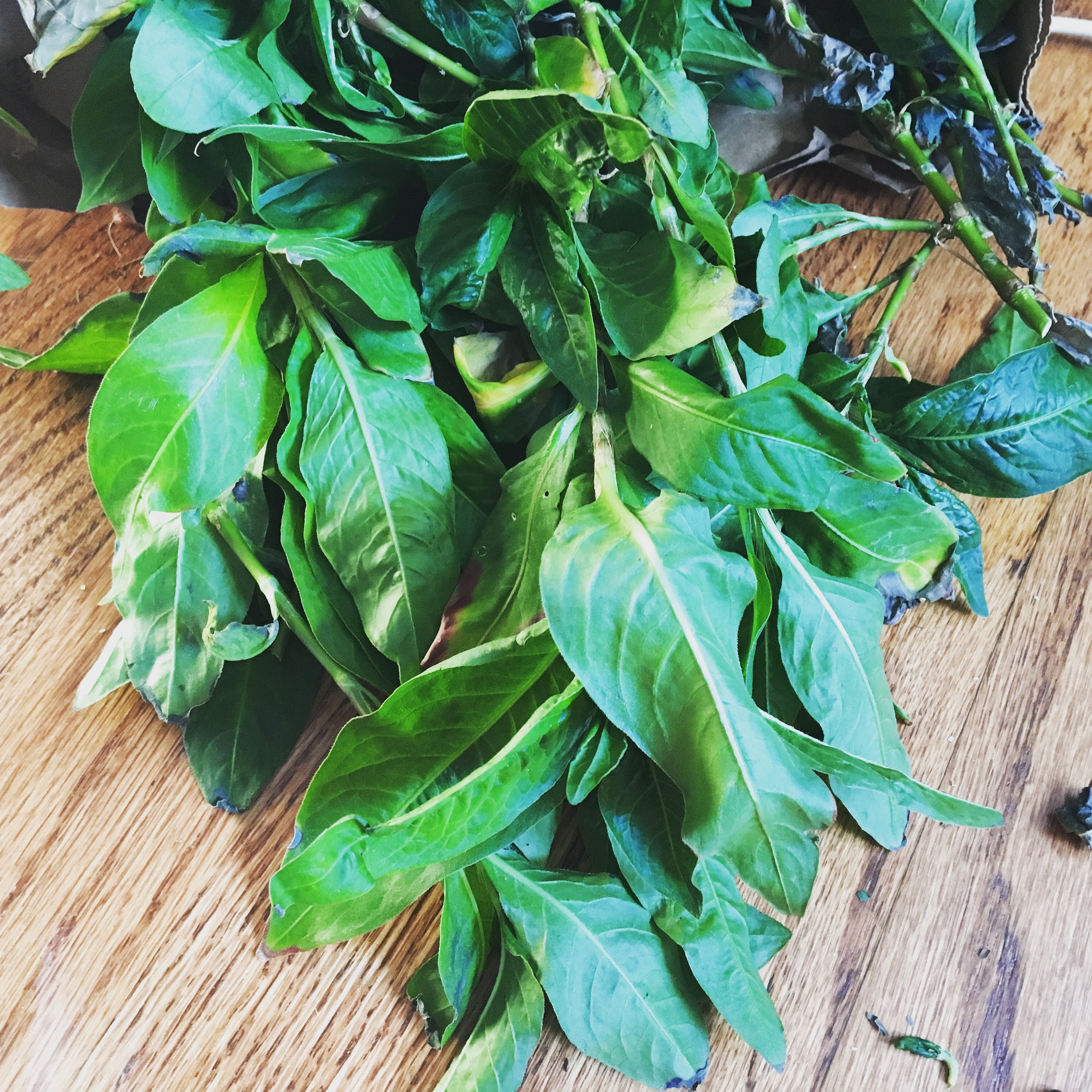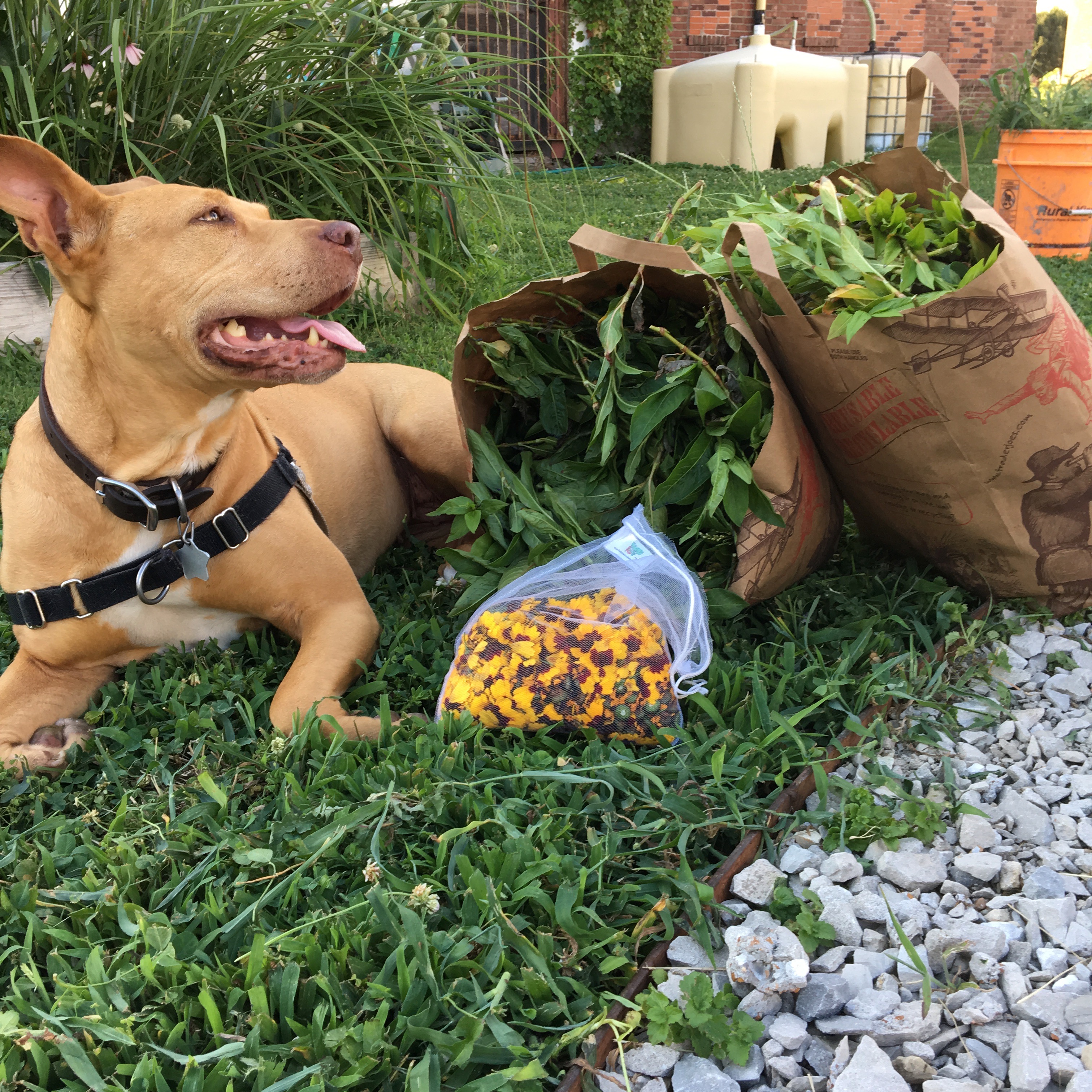Atomic
Garden
Tales of plants mutated in the rubble of Nagasaki imbued the greenery with miraculous abilities of refoliation and resurgence. In the era of post-war American optimism, the power of the atomic bomb held promise not for purposes of destruction, but for the purposes of growth.
_________________________

___________________________________________________
In 1953, a speech by Eisenhower
launched the “Atoms for Peace” movement
Comic book characters exposed
to radioactivity absorbed mysterious
powers and became superheroes
_________________________
launched the “Atoms for Peace” movement
Comic book characters exposed
to radioactivity absorbed mysterious
powers and became superheroes
_________________________
Why not harness the immense power of the atom to make the world a better place?
The pinnacle of human intervention in nature - control at the smallest level - presented extraordinary opportunities in energy developments, healthcare, and agriculture.


And thus
Atomic
Gardening
was born.
Atomic
Gardening
was born.
Nuclear research was suddenly available to citizens. School children investigated the
effects of radiation on seeds. Home gardens were designed to test plants’ responses to radiation, and then became laboratories of genetic mutation.
The plants grew in concentric circles with a source of radiation (usually cobalt-60) at the center. Species of plants were developed that we still consume today: Rio Star grapefruits, for example, and Todd Mitchum’s cultivar of peppermint.


Contamination from industry and radioactive waste is prevalent in the area,
and so even though many of our native plants are edible,
they are not safe for human consumption.
they are not safe for human consumption.
__________________________________
This little garden doesn’t grow food.
Here, the stand-in for a radioactive source is water from the headwaters of Coldwater Creek in North St. Louis County. This creek flows from illegal nuclear waste disposal sites through surbuban neighborhoods and into the Missouri, our drinking water source.
____________________________________________
Here, the stand-in for a radioactive source is water from the headwaters of Coldwater Creek in North St. Louis County. This creek flows from illegal nuclear waste disposal sites through surbuban neighborhoods and into the Missouri, our drinking water source.
____________________________________________
The soils of an anti-landscape are not useless or unporductive - they are a legacy to be reckoned with.



This garden presents
an alternative use of
contaminated soils:
dye plants.
_______________________________

